
Retail investors are increasingly drawn to the opportunities of decentralized finance, and the Base blockchain has emerged as a leading destination for those seeking a secure, user-friendly entry point. With its direct connection to Coinbase and a rapidly maturing suite of retail-focused DeFi tools, Base is uniquely positioned to bridge the gap between traditional investing and Web3 innovation. However, onboarding safely requires more than just enthusiasm – it demands strategic preparation, an understanding of security best practices, and familiarity with the evolving regulatory landscape.

Why Base Blockchain Stands Out for Retail DeFi
In 2025, Base Chain has significantly upgraded its infrastructure. Transaction speeds have improved, fees are lower than ever, and cross-chain compatibility is a reality rather than a promise. These factors make Base an attractive option for everyday investors looking to participate in DeFi without being overwhelmed by complexity or risk.
Platforms like BaseHaven now offer consolidated dashboards where users can manage swaps, staking, lending, and portfolio tracking all in one place. This all-in-one approach addresses one of DeFi’s historic pain points: fragmented user experiences that often deter newcomers. As highlighted by markets.businessinsider.com, BaseHaven is leading the charge in making DeFi accessible for everyone.
Step-by-Step: Preparing Your Secure Onboarding
The first step on your journey is establishing a secure foundation for your digital assets. That means:
Essential Steps for Onboarding to Base DeFi
-
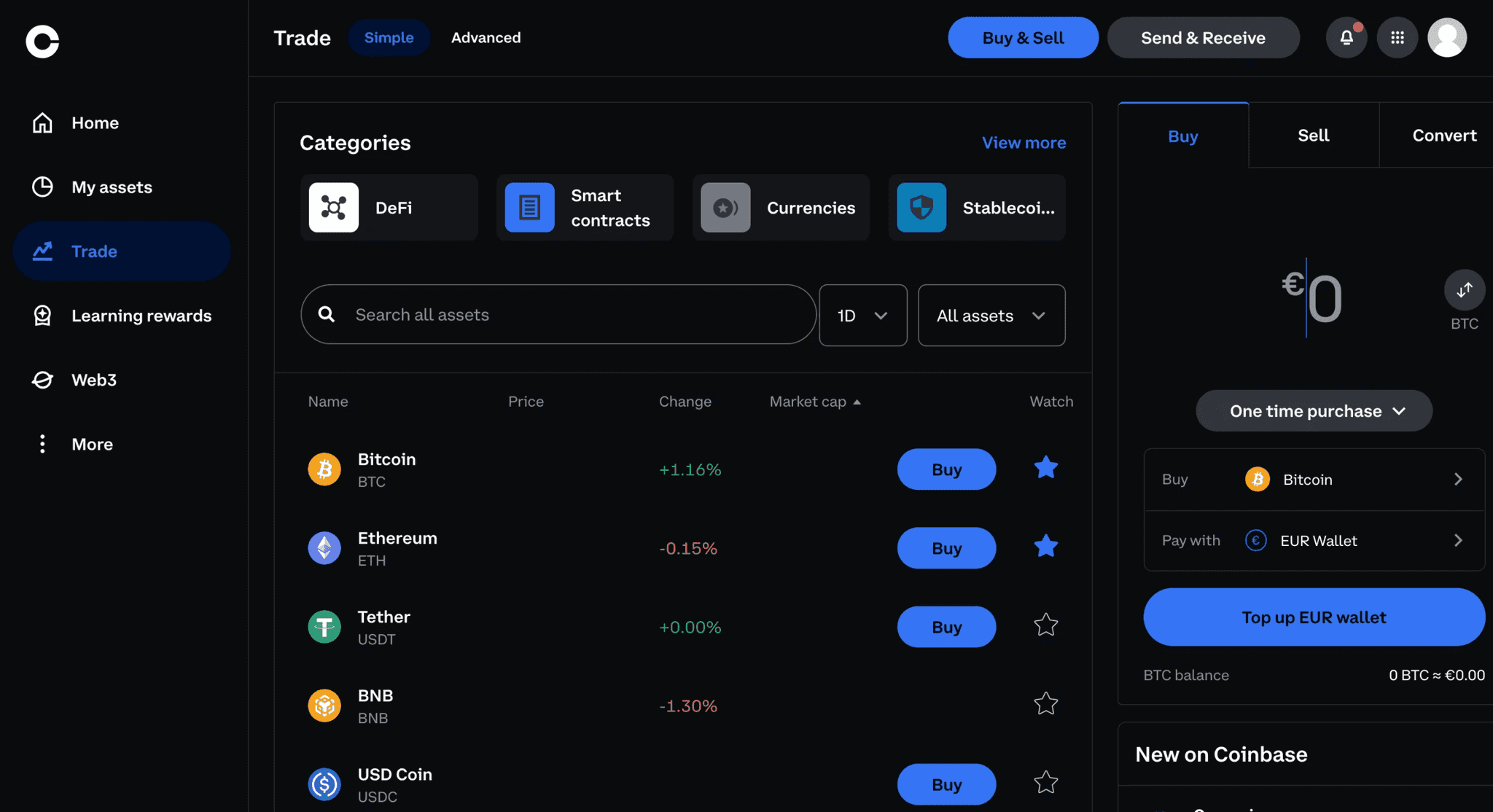
Create a Secure Coinbase Account: Begin by registering at Coinbase, the official fiat on-ramp for Base. Use strong, unique credentials and enable two-factor authentication to safeguard your account.
-
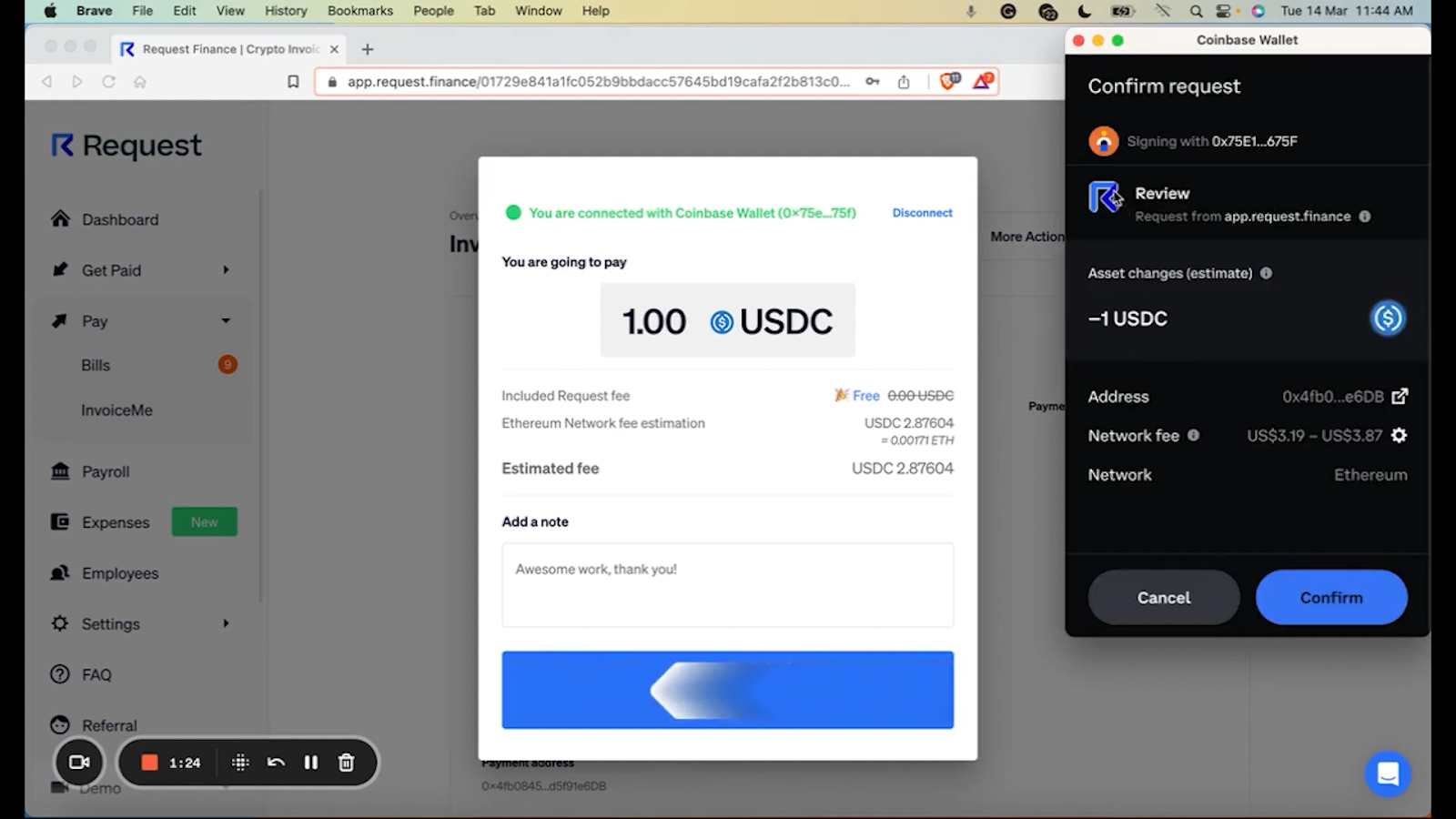
Fund Your Coinbase Wallet: Deposit fiat currency or supported cryptocurrencies into your Coinbase account. Ensure your funds are available for transfer to the Base network.
-

Bridge Assets to Base Network: Use the official Base Bridge to move assets from Ethereum or other supported chains onto Base. Double-check wallet addresses and transaction details to avoid errors.
-

Select a User-Friendly DeFi Platform: Start with established, beginner-friendly platforms like BaseHaven or BaseSwap for token swaps, liquidity provision, and farming. These platforms consolidate key DeFi features and simplify the user experience.
-
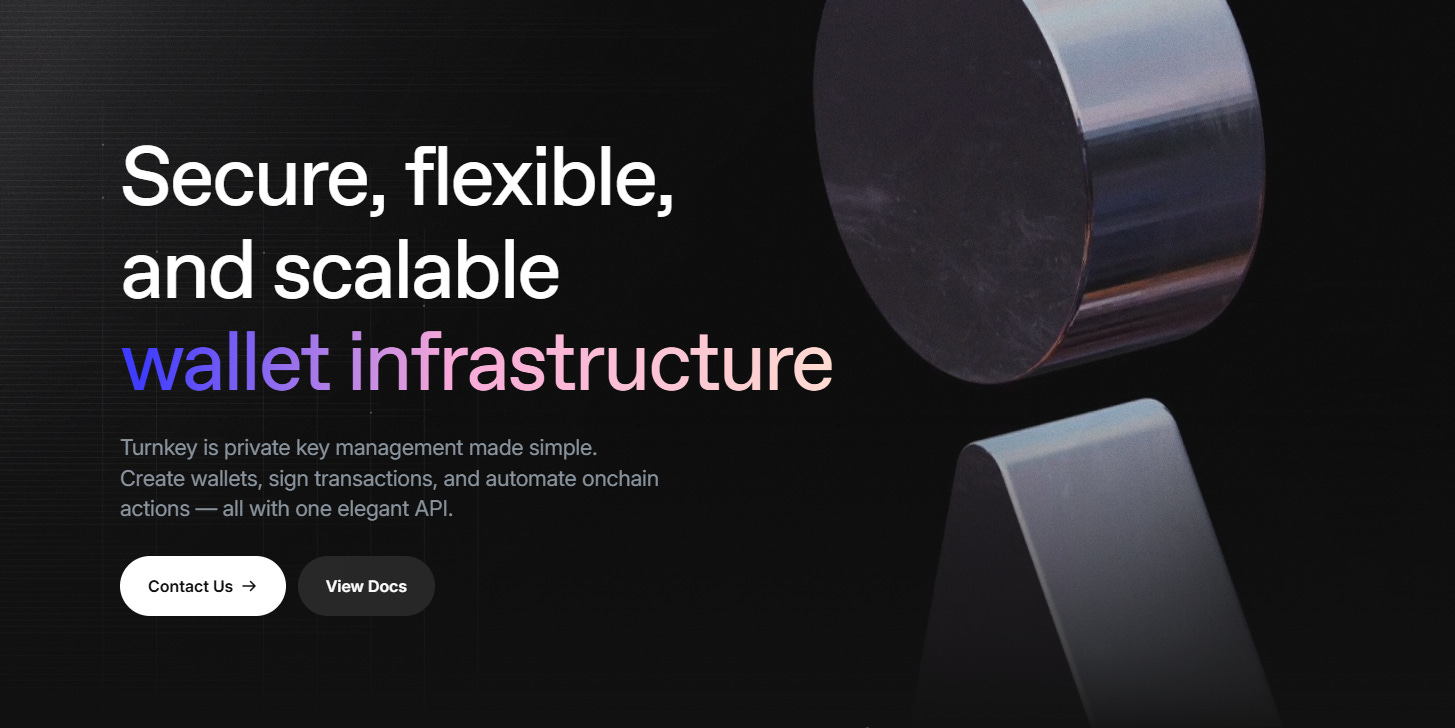
Secure Your Private Keys and Wallets: Use trusted wallet solutions such as Coinbase Wallet or Turnkey for embedded wallets and session-based signing. Always back up your recovery phrases offline and never share them.
-
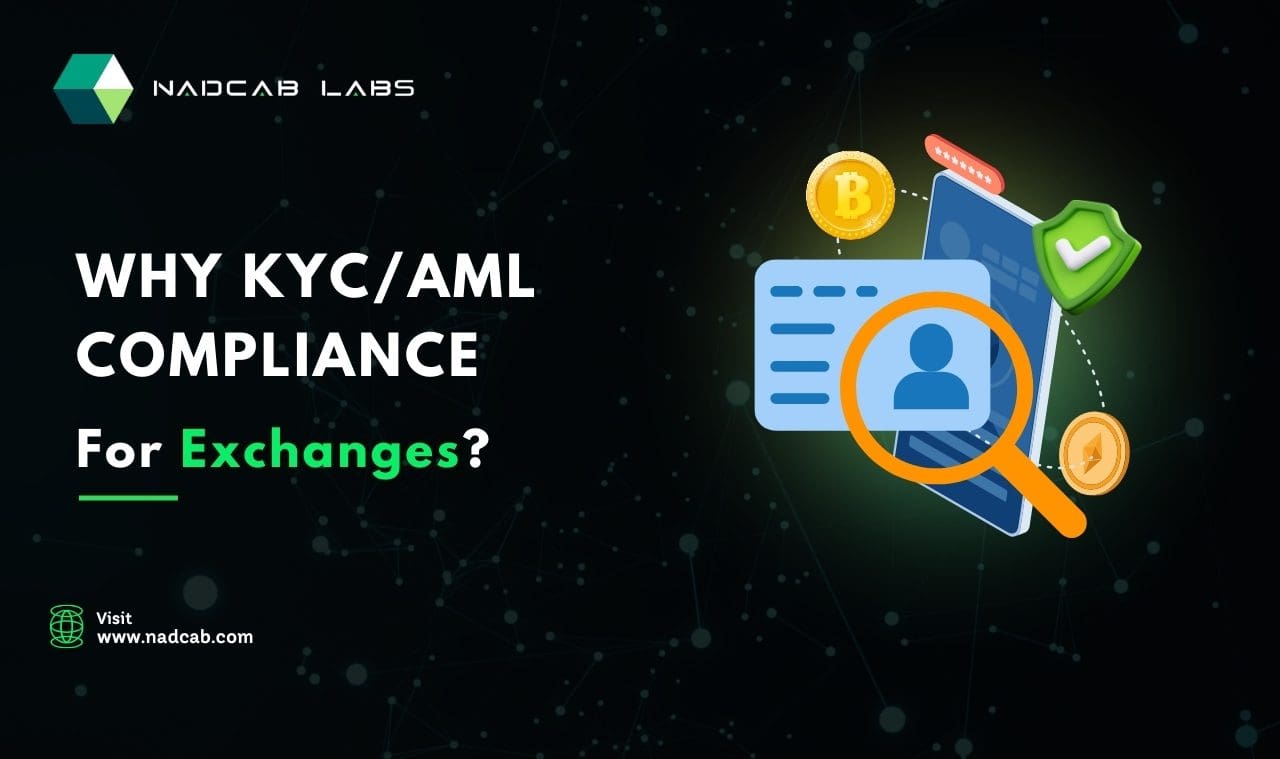
Complete KYC/AML Where Required: Some DeFi platforms on Base may require Know Your Customer (KYC) or Anti-Money Laundering (AML) verification. Follow all compliance steps to ensure uninterrupted access and regulatory adherence.
-
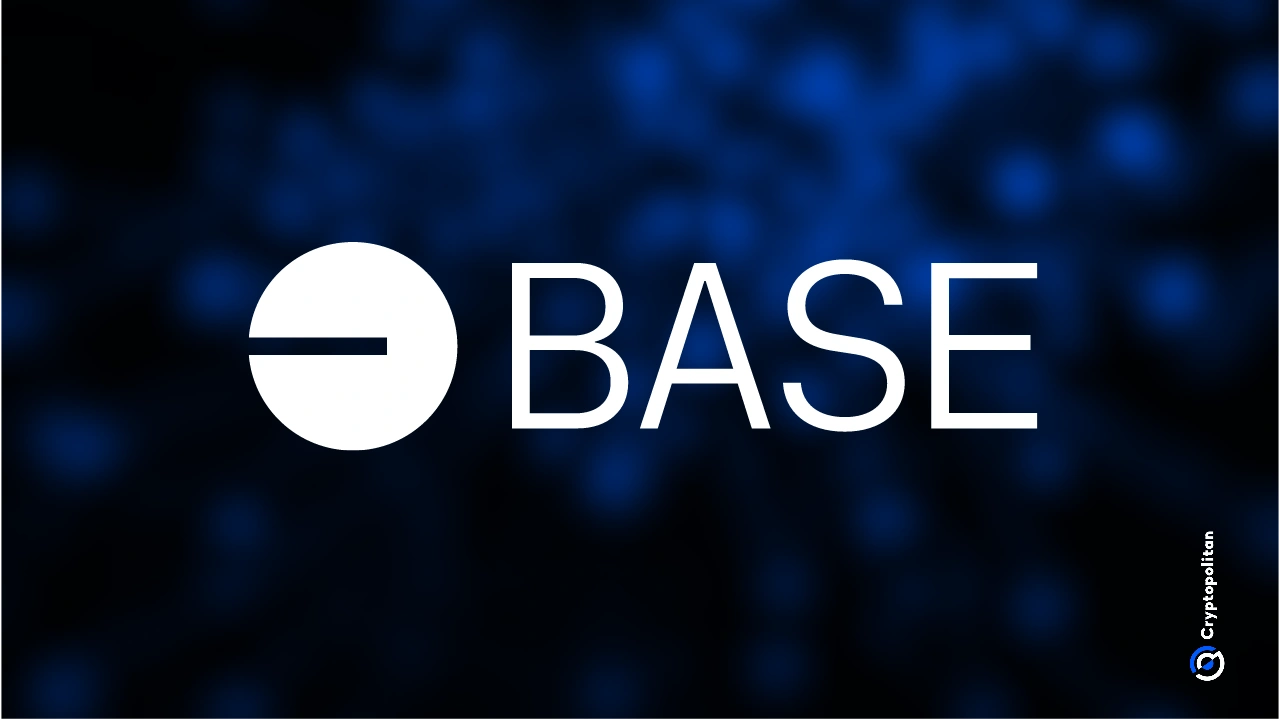
Educate Yourself and Use Platform Resources: Leverage tutorials, FAQs, and community forums provided by Base and leading DeFi platforms. Stay informed about best practices, security tips, and platform updates to minimize risks.
-
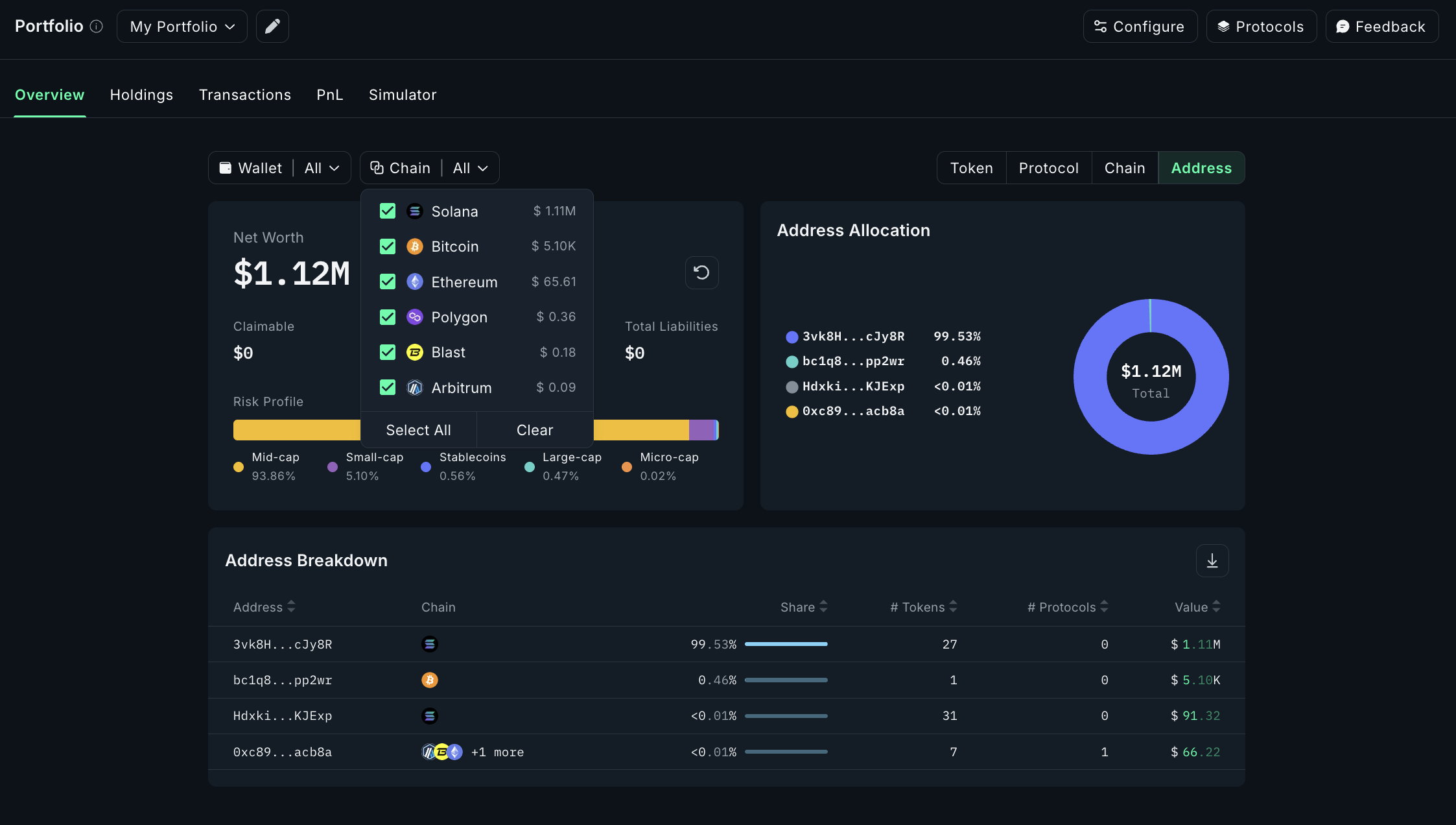
Monitor Transactions and Stay Vigilant: Regularly review your wallet activity for unauthorized transactions. Be alert to phishing attempts and only interact with official platform URLs and verified smart contracts.
Security is paramount at every stage. Start by creating your Coinbase account using unique credentials; enable two-factor authentication (2FA) as an extra layer of defense against unauthorized access. Once verified, fund your account through bank transfer or other trusted methods supported by Coinbase.
The next phase involves transferring funds from Coinbase to a self-custodial wallet compatible with Base (such as Coinbase Wallet or MetaMask). Always verify the official wallet download sources and back up your recovery phrase offline – never share it online or via email.
Navigating Security Risks: What Every Retail Investor Needs to Know
Despite major improvements in user experience and platform design, security threats remain real in DeFi:
- Smart contract vulnerabilities: Even well-audited protocols can be exploited if new bugs are discovered post-launch.
- Phishing attacks: Scammers impersonate trusted platforms via fake websites or emails to steal login details.
- Private key leaks: Losing control of your wallet’s private keys can result in irreversible loss of funds.
The response from leading platforms has been robust: multi-layered security systems now include embedded wallets with familiar authentication options (like Turnkey), session-based signing to limit exposure time for approvals, and educational resources guiding users through safe practices (turnkey.com). Newcomers should take advantage of these features before making their first transaction on Base-based dApps.
User Experience Innovations: Lowering Barriers for Retail Participation
A key reason many retail investors hesitate with DeFi is usability – clunky interfaces and jargon-heavy dashboards have historically excluded non-technical participants. That’s changing quickly on Base thanks to beginner-friendly apps like BaseSwap, which offers simple token swaps and yield farming with clear instructions at every step (basetoken.org). Platforms are also integrating comprehensive tutorials directly into their interfaces so users can learn as they go rather than relying solely on external guides.
Top 3 Beginner-Friendly DeFi Apps on Base
-

BaseHaven stands out as the first all-in-one DeFi hub on Base Chain, consolidating essential DeFi functionalities—such as swapping, staking, and portfolio management—into a single, intuitive interface. Its streamlined onboarding, built-in educational resources, and multi-layer security make it ideal for newcomers seeking a safe and simple entry into DeFi.
-

BaseSwap is a user-centric decentralized exchange (DEX) on Base, designed for effortless token swaps and liquidity provision. Its clean interface, low fees, and step-by-step guides help beginners navigate DeFi trading and yield farming with confidence.
-
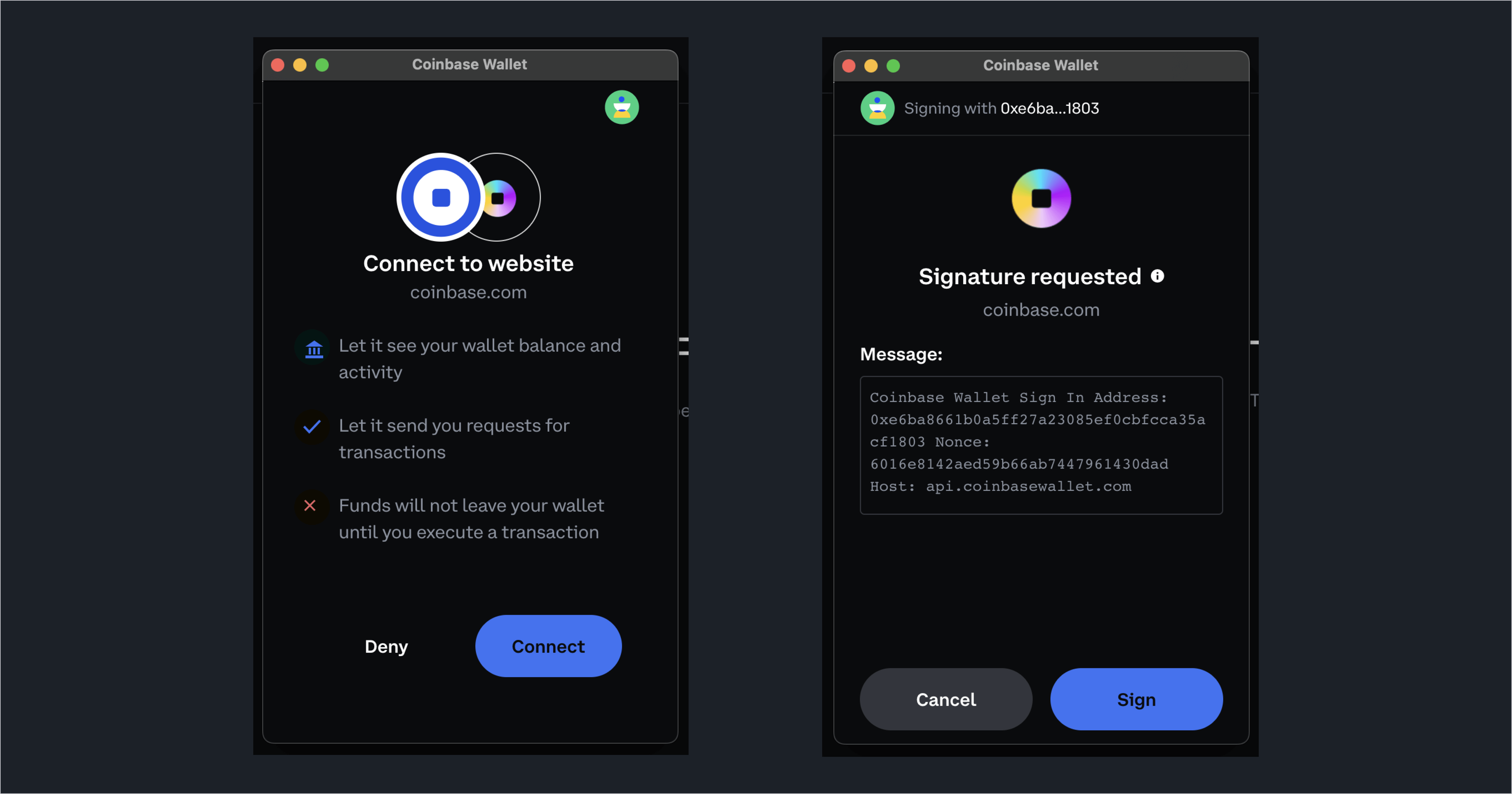
Coinbase Wallet offers a seamless bridge between traditional finance and DeFi on Base. With familiar authentication, embedded wallet features, and direct integration with the Base network, it enables users to safely explore DeFi apps while benefiting from Coinbase’s robust security and user support.
This focus on simplicity extends beyond just visuals; it’s about building trust through transparency (such as open-source codebases), robust community engagement via forums and AMAs, and responsive customer support channels dedicated to helping new users navigate challenges safely.
Regulatory clarity is another evolving piece of the onboarding puzzle. While DeFi’s permissionless nature is part of its appeal, uncertainty around regulations can be intimidating for retail users. Fortunately, platforms on Base are taking proactive steps: strengthening KYC/AML procedures where needed, providing transparent disclosures about risk, and preparing for future compliance requirements. This balanced approach helps foster confidence among newcomers without sacrificing the core values of decentralization.
For those just starting out, it’s wise to begin with modest amounts and experiment using Base’s testnet environments or demo modes. This allows you to familiarize yourself with transaction flows and wallet operations without risking real capital. Over time, as comfort grows, you can explore more advanced features like staking or liquidity provision, always keeping security top-of-mind.
Building Portfolio Confidence: Tools and Resources for Safe Growth
Retail investors have access to an expanding toolkit on Base designed to demystify DeFi and empower informed decision-making. Platforms like BaseHaven offer consolidated dashboards with real-time analytics, automated portfolio tracking, and risk assessment modules. Embedded price widgets display up-to-the-minute valuations so you always know where your assets stand.
For those interested in community learning, active forums and regular AMAs hosted by leading Base dApps provide direct access to developers and experienced users. These resources are invaluable for staying ahead of scams, understanding new features, and building lasting confidence in your DeFi journey.
Tip: Bookmark official project websites and double-check URLs before connecting your wallet or signing any transaction. When in doubt, consult community channels or support staff, never rush an approval if something feels off.
Checklist: Essentials for a Secure Onboarding Experience
The landscape will continue to evolve rapidly as new innovations emerge, think super-platforms that consolidate even more functionality under one roof (cointelegraph.com). For retail investors willing to take a thoughtful approach, prioritizing security, education, and measured participation, the opportunities on Base have never been more accessible or promising.






